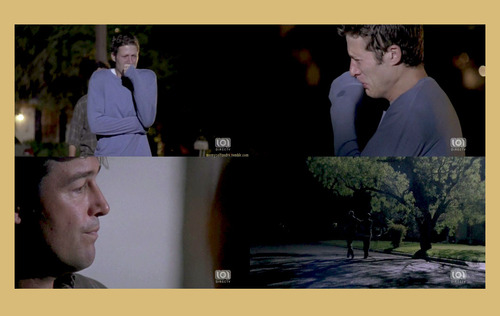
 A few months ago we reported on Slate’s grief survey, focusing mainly on the pressure that the bereaved feel to grieve or not grieve “appropriately.” This past week, Slate released more of the survey’s findings, this time with the emphasis on “How to Help Friends in Mourning.” Or, as the case may be, How Not To Help Them, almost a follow-up to the 10 Things Not To Say To A Depressed Person we posted last week.
A few months ago we reported on Slate’s grief survey, focusing mainly on the pressure that the bereaved feel to grieve or not grieve “appropriately.” This past week, Slate released more of the survey’s findings, this time with the emphasis on “How to Help Friends in Mourning.” Or, as the case may be, How Not To Help Them, almost a follow-up to the 10 Things Not To Say To A Depressed Person we posted last week.
While the project as a whole can’t help but reveal how freighted this whole area is with “should’s”, the results this time around were a bit more uniform. If there’s any one-size-fits-all Rule in regard to helping a friend through loss, according to Slate that is, it’s that responding with any form of judgment should be avoided. Judgment here being the attempt to “fix” or diminish the loss by offering a platitude (religious or not), giving advice, or even sharing your own experience (redirection). However well-intentioned, such approaches tend to short-circuit mourning via a theology-of-glory-like predilection to “see through” the loss, constructing silver linings to buffer us from pain that has to be felt (at least if any new life is to be found on the other side). They counterproductively communicate to the mourning party that their grief is “bad” and needs to be “gotten through” as effectively and quickly as possible. Which, as you can imagine, only makes the griever more self-conscious and overwhelmed and sad.
What appears to be most helpful to the bereaved is a passive form of love, i.e. the listening, accepting, merciful, patient kind, that allows a person to feel/experience the full depth of their loss, as uncomfortable as that may be (indeed, it’s ultimately a much more costly, self-sacrificial sort of love). God’s love in other words:
And so mourners were sensitive to anything that seemed to minimize their grief. Platitudes offering false comfort were seen as unsupportive, and even hurtful. Saying the loved one was “in heaven” or that it was “a blessing” that they were “out of pain” was not helpful; nor was saying, “I know how you feel” or “It’s all for the best” or “Time heals all wounds” or “It was God’s Plan.” No one wanted to hear these things, especially right after someone they loved and cared about had died. Instead, one wrote, “It helped me when people acknowledged—even nonverbally/tacitly—that I was grieving. Their acknowledgment meant (to me) that they knew I wasn’t ‘normal’ and they weren’t going to hold me to my usual standard. It felt unhelpful/unsupportive when people expected me to act like everything was normal (or seemed to expect that), since I did not feel like myself and didn’t have the energy for the activities and conversations that were the norm before my mom died.”
Saying “I’m so sorry for your loss” was considered helpful by many, but at least one respondent objected to that phrase, especially when used in a rote way—a reminder that many mourners are looking for recognition of the unfillable hole in their lives, rather than for routine sympathy.
Supporting someone in grief is not about “fixing the problem” but about simply sitting with the pain of the loss and acknowledging that the dead are indeed still dead.
The most important thing the survey found, though, was that grievers wanted recognition. (See our last article for more on this subject.) A death, after all, is not a problem; its pain cannot be hurried through, or tackled. Instead of stressing that one day the mourner would “get over it,” helpful friends—according to our respondents—shared stories about the deceased, or just sat and held their hand while they cried. As one respondent wrote, the most helpful thing was simply the willingness or “ability [of others] to listen and accept my feelings, thoughts, memories—whether they brought tears, laughter, questioning—without responding with advice or redirection.”
…even those who found a silver lining in loss were eloquently ambivalent. “I am stronger than I ever thought I could be,” as one respondent put it, “and I am also weaker than I thought I was.”
Loss is the flip side of love, in so many ways. Judging by the response to the survey, the silencing of grief in American culture feels to many mourners like a silencing of love.

COMMENTS
Leave a Reply













